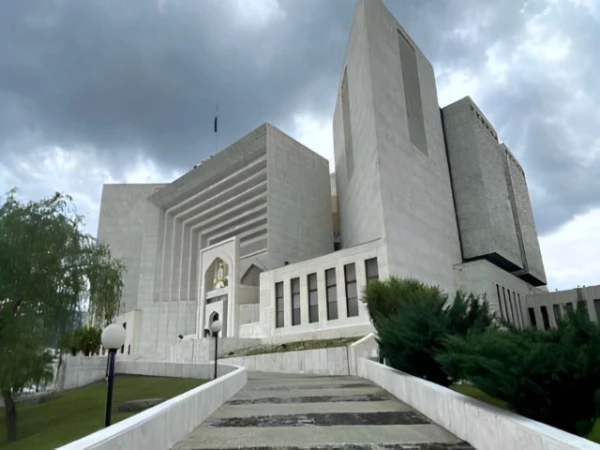Islamabad:
The Supreme Court has declared the circular unconstitutional of the Sindh government, under which the rights of pension of divorced daughter were not recognized after the death of a pensioner father.
In a written decision of a 10 -page by Justice Aisha Malik, the Sindh government’s appeal dismissed that the circular was unconstitutional and could not be used to eliminate the rights of a living daughter without any legal impact from its establishment and at the time of the pensioner’s death.
The Division Bench, chaired by Justice Muhammad Ali Mazhar, announced that Pakistan’s international law reinforces the principle that women cannot be denied economic rights on the basis of marital status.
Daughters are given pension on the basis of requirement and not on the basis of matrimonial status. In fact, in India, disabled children have been allowed to receive pension throughout their life based on their financial needs.
Similar steps can be taken through social security programs in Bangladesh. Now he allows pension for widows or divorced daughters, and sometimes for grandchildren who depend on pensioners. The decision states that timely payment of pension is not only an administrative step, but a constitutional responsibility.
It is very worrying that the pension capacity for the daughter who survives after the death of the pensioner depends entirely on her marital status. This suggests that there is a systematic prejudice that sees the daughter as a depression, whose only financial dependence is transmitted from the parents after marrying her husband.
The notion is based on the wrong opinion that unmarried or divorced women are financially depressed while married women are financially safe. This mentality ignores the fact that married women may also face financial difficulties.
The court ruled that this type of exclusion based on this marital status in pension cases is unconstitutional, discriminatory and violation of Articles 14, 25 and 27 of 14, 25 and 27 of the Constitution.


